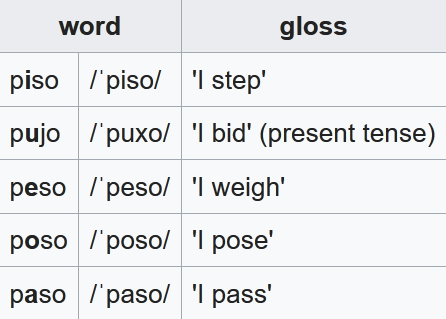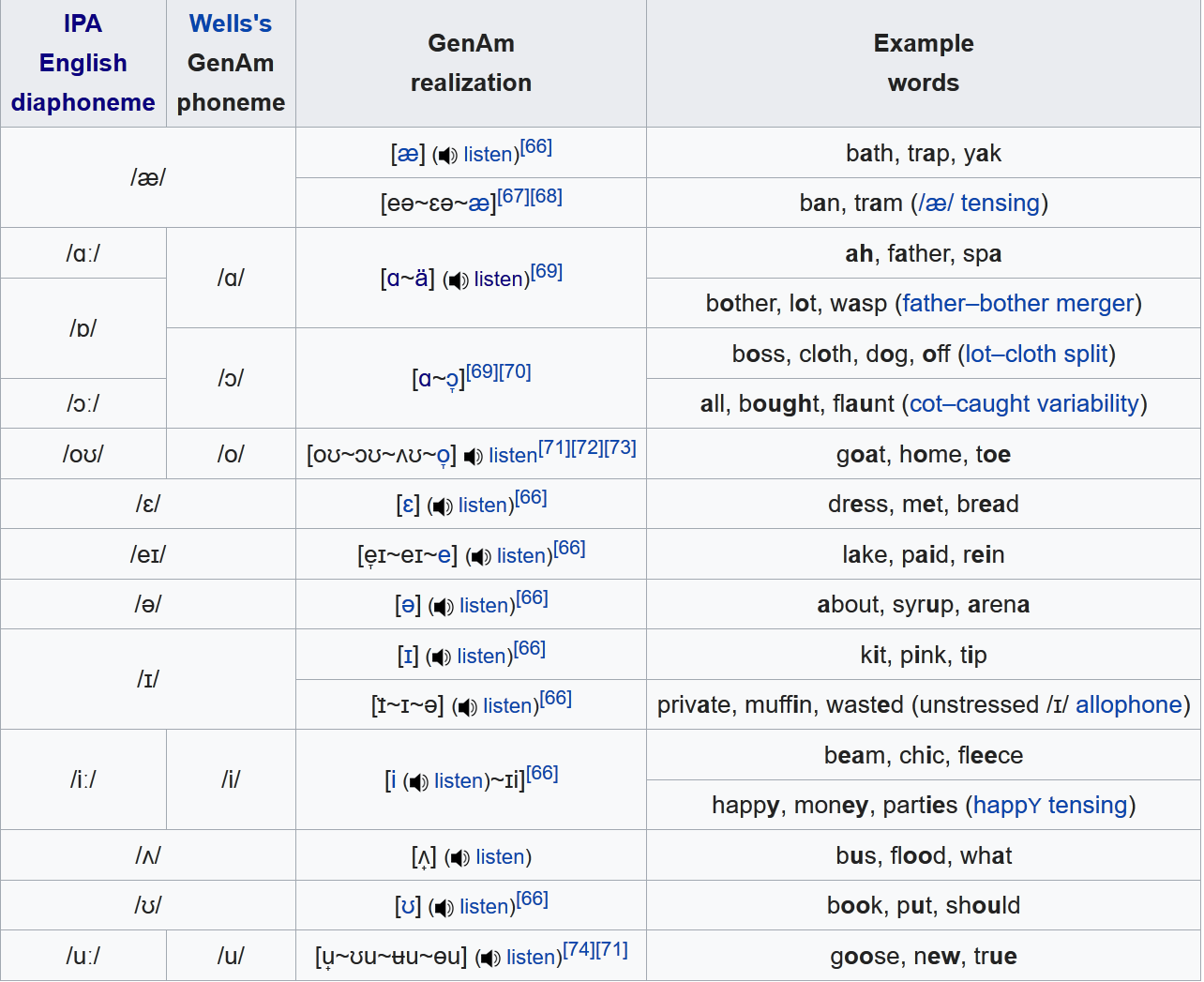Background
I'm writing a novel with original character names, and I want to find the way of how to correctly write their names in English to keep the same pronunciation as they had had in Spanish.
The basic problem for me is the sounds of the vowels, so how can you generate the Spanish vowels in English?
Example
Nimree written like this in English would have a different sound than its pronunciation in Spanish, and even tough names writing across languages should be respected. I want to shape these Spanish names into English so there's no confusion about how they are to be pronounced.
So how you would write each original Spanish vowel sound so that it keeps its original sound when ultimately read by English speakers who don't understand Spanish vowels?
- A
- E
- I
- O
- U


